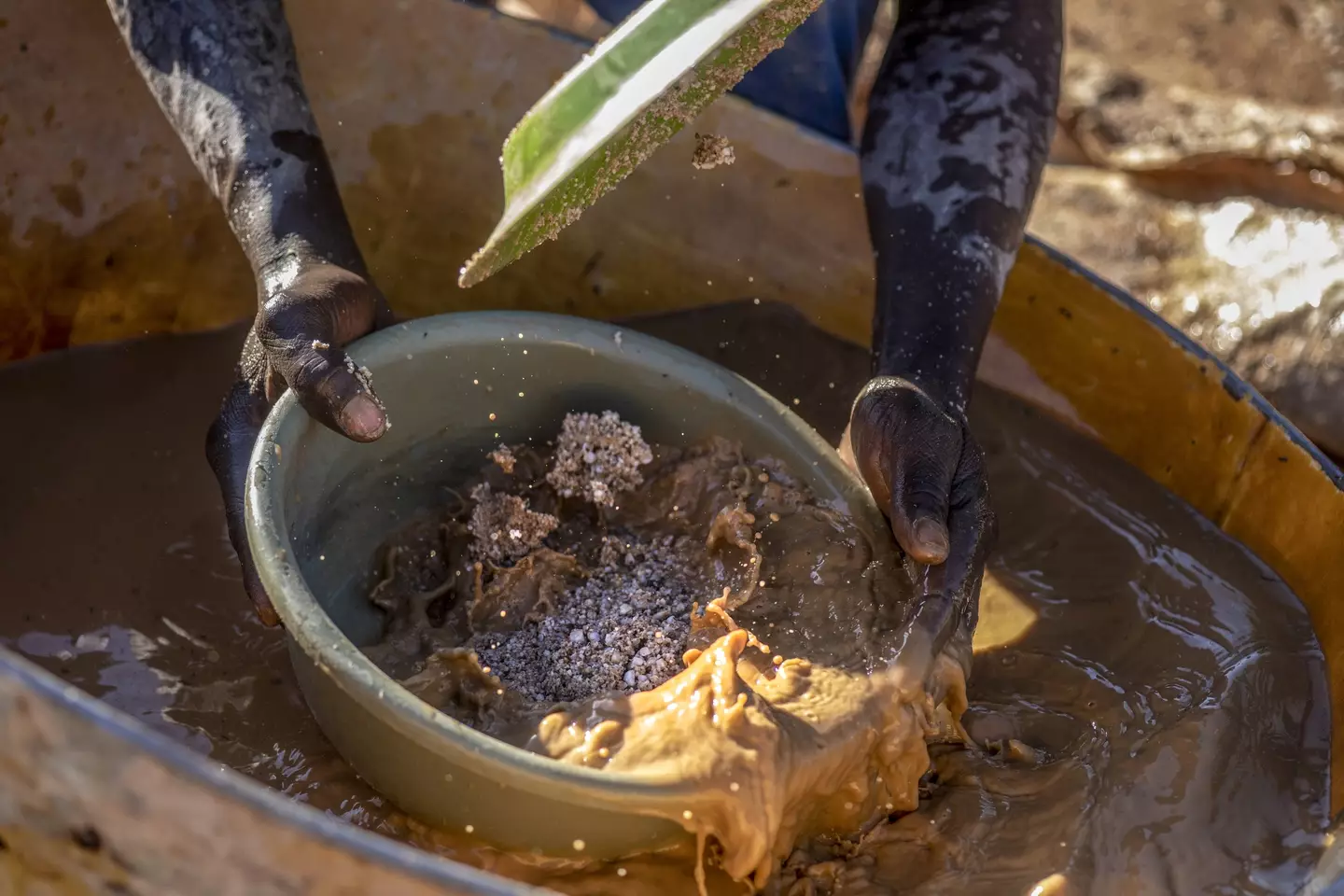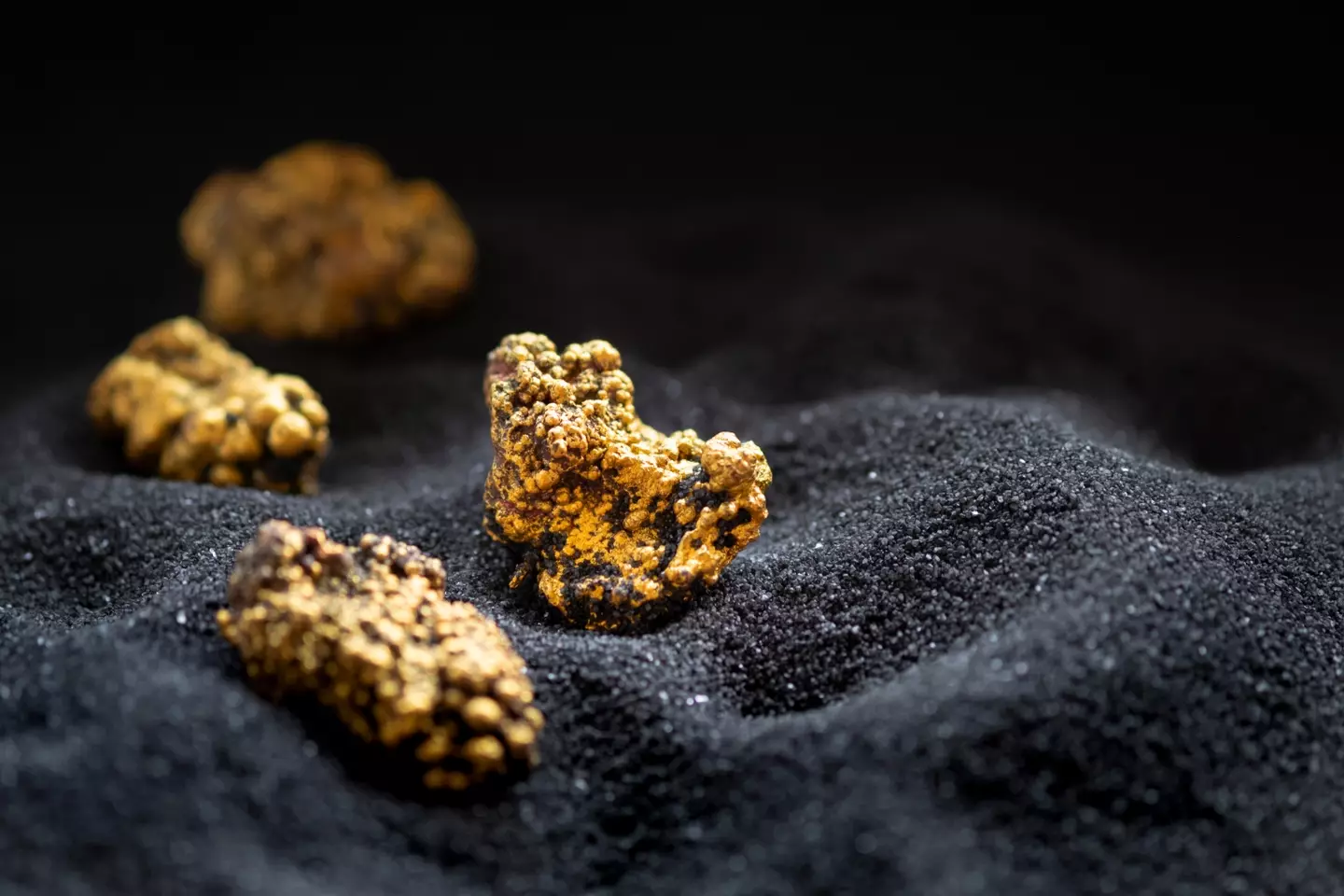Earlier on November 28, the Geological Bureau of Hunan Province announced the finding of a ‘superlarge gold deposit’ in central China’s Hunan Province. This revelation came after a team of geologists conducted drilling operations beneath the Wangu field in Pingjiang County.
The Hunan Province Geological Disaster Survey and Monitoring Institute utilized 3D geological modeling, along with mechanical drills and equipment, to pinpoint the location of the gold.
Chen Rulin, an ore-prospecting expert at the bureau, disclosed to Xinhua Net: “Many drilled rock cores showed visible gold.”
And the quantity discovered is indeed impressive.

Upon drilling to a depth of 2,000 meters, the geologists found that a tonne of ore contained up to 138 grams of gold, estimating the presence of approximately 300 tonnes of ore.
And there’s more to it.
The team anticipates being able to drill down to a depth of 3,000 meters, with estimates suggesting there could be around 1,000 tonnes of ore beneath the surface, valued at a remarkable 600 billion yuan ($83 billion).
This site appears to hold more opportunities for discovery, as Liu mentioned that gold has already been found in the surrounding areas, hinting at potential further findings.
Despite the impressive nature of China’s discovery, it doesn’t quite reach the level of excitement generated by the $540 billion ‘white gold’ find in California.

A study indicates that approximately 18 million tons of lithium is estimated to be situated at the bottom of the Salton Sea.
Initially, scientists estimated the lake contained four million tons of lithium, but the updated estimate now indicates a sufficient amount to power over 382 million electric vehicle batteries.
If these estimations hold true, the discovery could enable the United States to become ‘completely self-sufficient in lithium and cease importing it from China’—China currently ranks as the second largest exporter of electric vehicles, following Germany.
Here’s hoping that I might find a field or lake in the UK with gold or lithium beneath the surface.
I’d be happy with either, though I’m left wishing I had pursued a career in geology.


